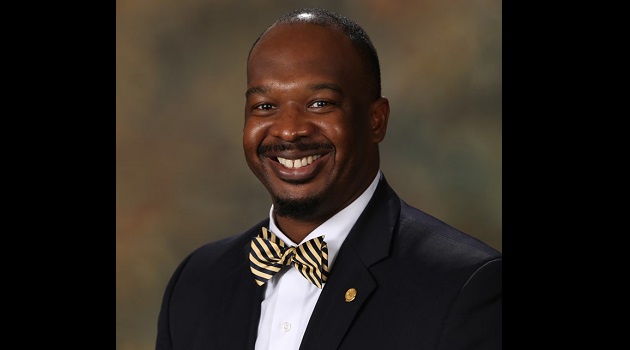By Dr. Akil E. Ross, Sr.
I am proud of and believe in our students. I have hope that this generation of students will be the leaders of tomorrow who will “form a more perfect union” as outlined in the Preamble of the US Constitution. In the face of the growing reports about the challenges facing our students, I remain encouraged and excited about the future.
I recognize there are higher levels of stress, anxiety, and behavioral concerns stemming from the mental health issues that have gripped many of our youth. I recognize that societal and cultural changes are much different from the earlier generations. I recognize that the economic outlook and geopolitical landscape for this generation are vastly different than generations before. In spite of all of these challenges, I remain encouraged and excited about the future.
As superintendent, I have the privilege of reviewing the progress of over 17,000 students and from this vantage point, I have noticed something remarkable that has renewed my faith in our children. Before I share what inspired me, I have to admit that I tend to fall victim to what psychologists call “negativity bias,” which is a cognitive bias that results in bad news having more influence over a person’s emotional condition than positive news. For example, if you take an exam with 100 questions and get 99 correct answers, what do you focus on? We all tend to focus on that one question we got wrong versus celebrating the 99 questions that were correct. Overcoming this bias for the bad news was made easy for me when I saw a report that came across my desk.
Each year, the State Department of Education requires schools to conduct three (3) formative assessments of student progress in Reading and Mathematics. Our District uses Measures of Academic Progress (MAP). In the Fall of 2022, the assessment results indicated that 36% of our elementary students were on grade level in reading and 47% were proficient in mathematics. One year later, the data shows that elementary students went from 36% proficient to 52% proficient in reading and from 47% proficient to 59% proficient in mathematics. The proficiency data is increasing in both reading and math for the winter progress monitoring assessment. This impressive growth is true for our middle school students as well. In a year and a half, we have seen increases in reading proficiency from 41% to 52% and increases in math proficiency from 34% to 42%. These improvements represent hundreds of our students improving their grade level understanding and increasing their academic skills. It also represents the resiliency that resides within these students. Our high school students have demonstrated their growth and resiliency with over 85% of the senior class being on track for graduation before January. There is so much to celebrate with our students and I have to thank our teachers, staff, volunteers, parents and partners for this success. It is this success that fuels my faith in our children.
In 1979, Aaron Beck, the father of Cognitive Behavioral Therapy (CBT), created the cognitive triad. He stated that a negative view of self, the world and the future leads to anxiety and depression, but a positive view of these same factors creates hope, motivation and a positive attitude. There will always be negative bias reporting about schools in the mass and social media, yet I encourage you to give equal attention to the majority of students, teachers and staff who are overcoming incredible odds to grow academically, socially and emotionally each and every day. I am encouraged and excited about the future because our students have demonstrated their growth, perseverance, adaptability, and most importantly, ability to make the future much better than the past.
I am proud of and believe in our students, and I celebrate their success with each of you.
Dr. Akil E. Ross, Sr
Superintendent
“We love and grow our students!”



